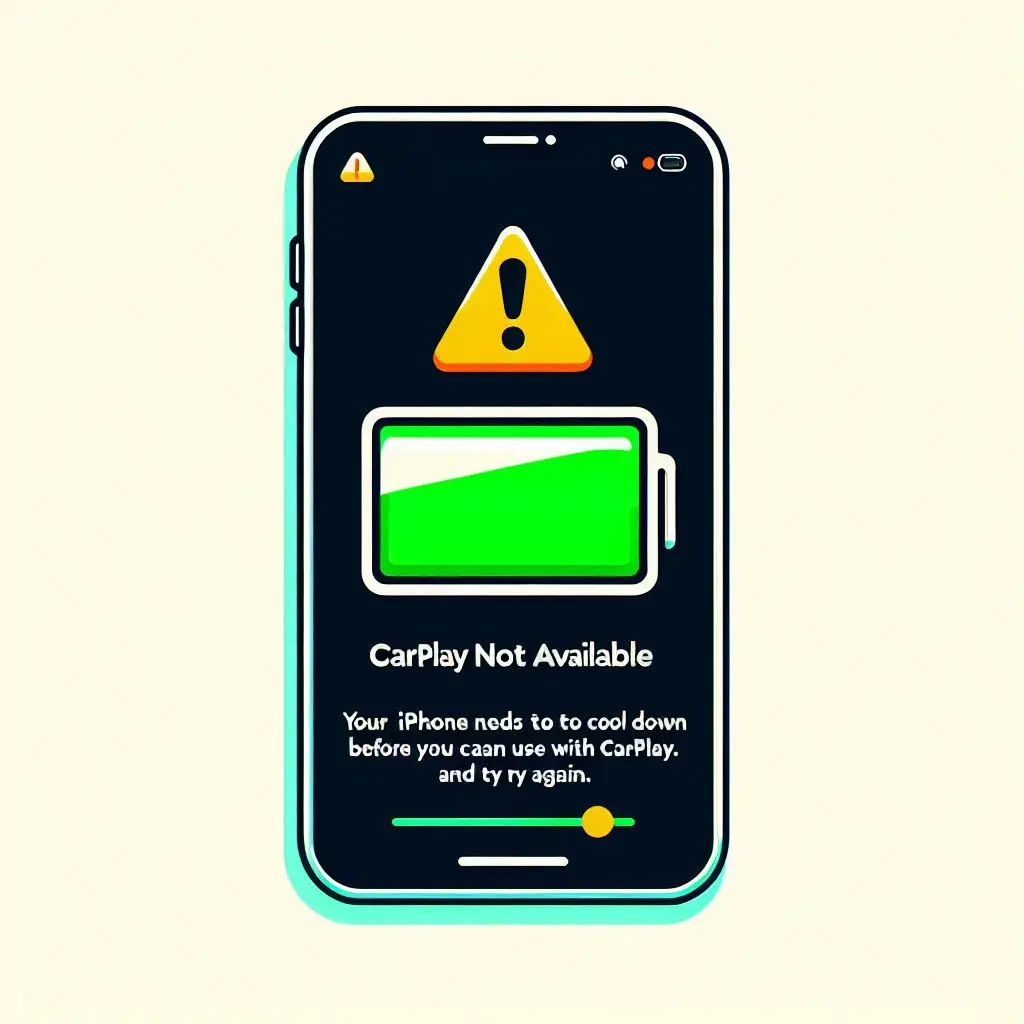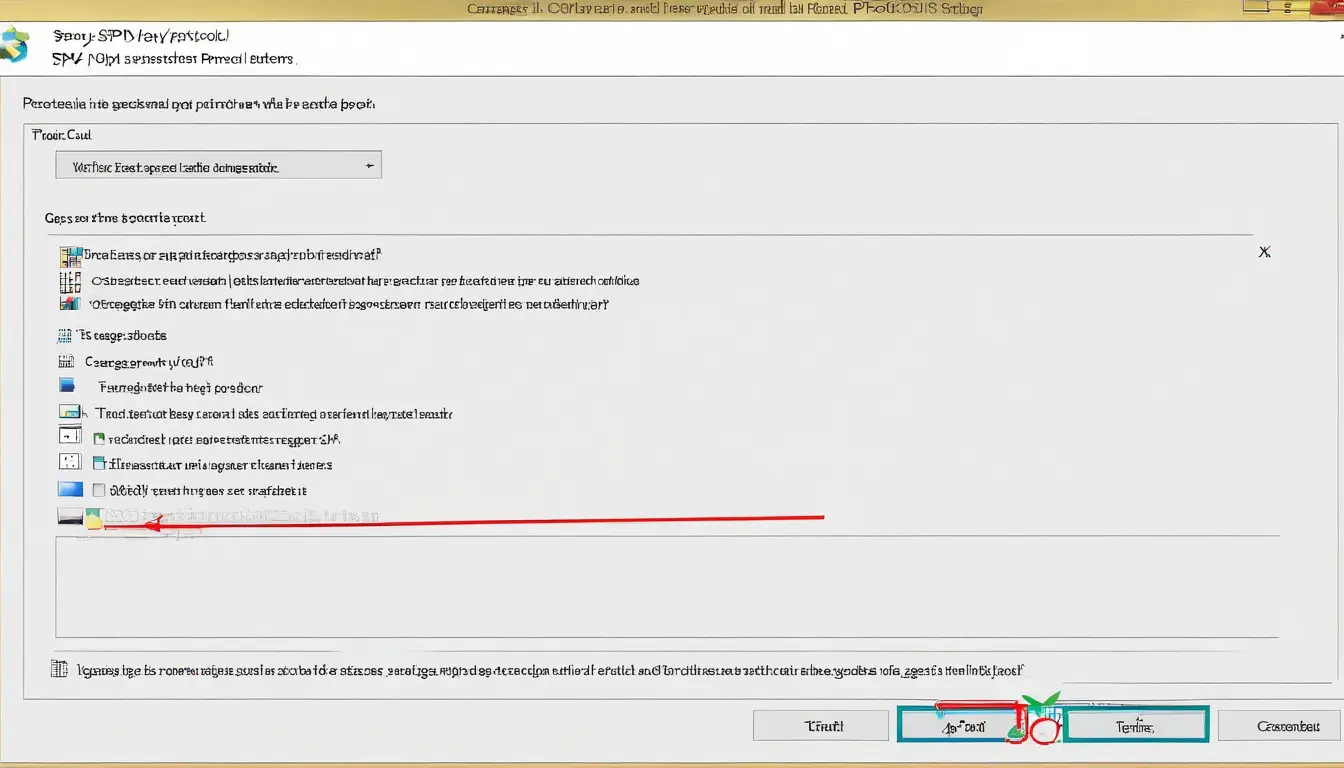5 Ways to Keep Your System Secure
In the past decade, we’ve seen a massive increase in the number of smartphone and computer users. They are used both at home and in the workplace, and most people have multiple computer systems in a single home. Then we come to the smartphone, and it’s become essentially a handheld computer.
With the increasing number of people on computers, these systems have become more and more vulnerable to attacks from hackers and cybercriminals. And these attackers don’t discriminate, they target both Windows, Linux, Mac and Smartphones alike.
The reality is that most computer owners out there simply lack the time or the interest to make their systems more secure. I think a big part of this is due to that fact that there is so much information out there on this topic, and much of it can be quite difficult to comprehend, especially for the computer novice.
In this article, I will try as much as possible to make things simple. Look at this as a start, because the computer security topic is very large, expanding across many different companies while generating billions in revenue.
1. Protect Your System with Passwords
This is a no-brainer, without question, but the reality is, that many cyber-attacks succeed, due to the lack of a complex password. You’ll want all your equipment, whether it be your wireless network, or personal data to be protected by a unique username and password.
You want to go with a strong password, so make sure it contains letters, numbers and special characters, and doesn’t involve any common words, or dictionary terms, or something that could be guessed, such as your birthday.
You’d also want to create unique passwords for every other device in your home. To make life easier for yourself, you could use a password manager, which would store all your complex passwords, that way, all you need is a master password to access everything.

2. Backup Your Personal Data
When it comes to computer users, there are two kinds, those who regularly backup their data, and those who have never lost data before.
We live in a world where cloud storage is readily available and cheap, so there is very little reason, not to back up your data. You don’t want to find yourself in a situation where you’ve lost data that you can no longer retrieve.
You may also like this Best Browser Games
3. Take Precautions When On Public Wi-Fi Networks
If you like to access the web while out and about, maybe, at your local coffee shop or restaurant, then I recommend you take extra precautions, while doing so. The realiwithout hat the vast majority of these internet connections lack any sort of security.
Anyone else who’s on that public network, in most instances, could very easily steal confidential information from you. If you have a 3G connection, then I’d recommend you stuck without, outside of that, you may need to consider securing your connection somehow.
Https websites are encrypted, but there are still many websites out there that do not use any form of encryption. To be on the safe side when browsing the web, you may want to consider using a VPN service.
There are many different VPN services out there, so I’d recommend you did some research on that topic, to find out which offers the best service for you.
4. Never Download Pirated Content
Downloading software from sources that are untrusted, is very dangerous, primarily because there isn’t any way of verifying what you’re downloading, prior to downloading it. It’s not uncommon for hackers to inject these programs with malicious exploits.
If you click on the wrong link, it could open your system up to hackers, who will be able to monitor every website and word press you make while using your system.
5. Avoid Email Attachments from Unknown Sources
One thing you do not do, is click on attachments in unsolicited emails, as they almost always have viruses of some kind, in them. Before you open anything, contact the sender, to confirm what it is that you’ve been sent.
If you’re unfamiliar with the sender, then your best option is simply to delete the email, then you may want to consider blocking the sender, so he/she cannot sent you anything else in the future.
–AUTHOR INFO—
Uchenna Ani-Okoye is a former IT Manager who now runs his own computer support website where he writes extensively on PC support.
Category: Games









